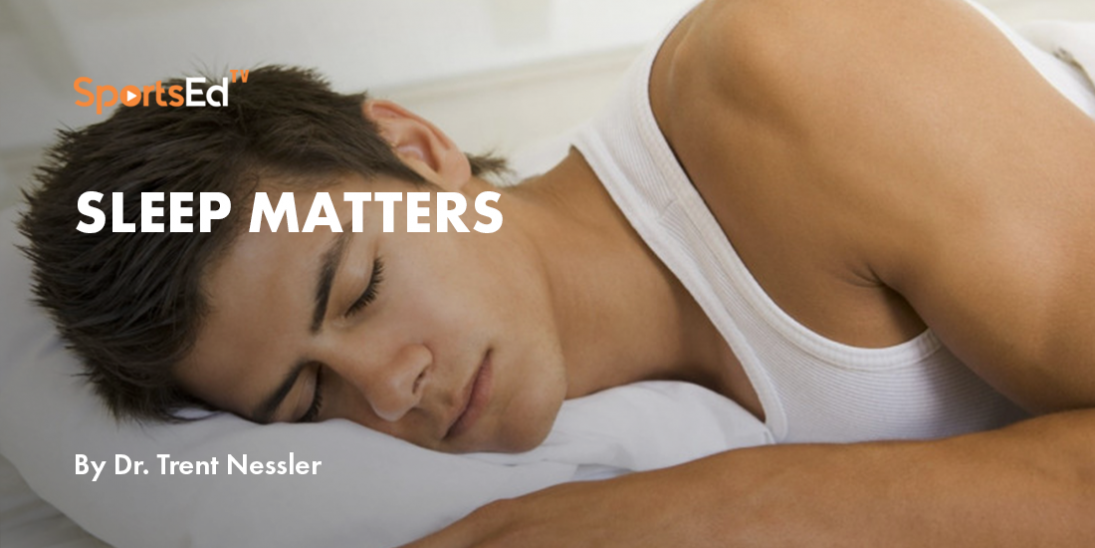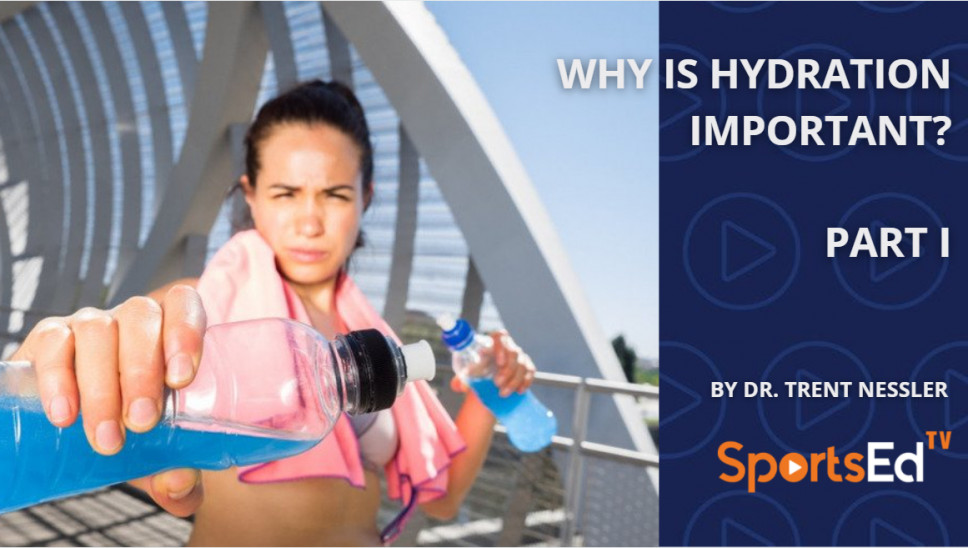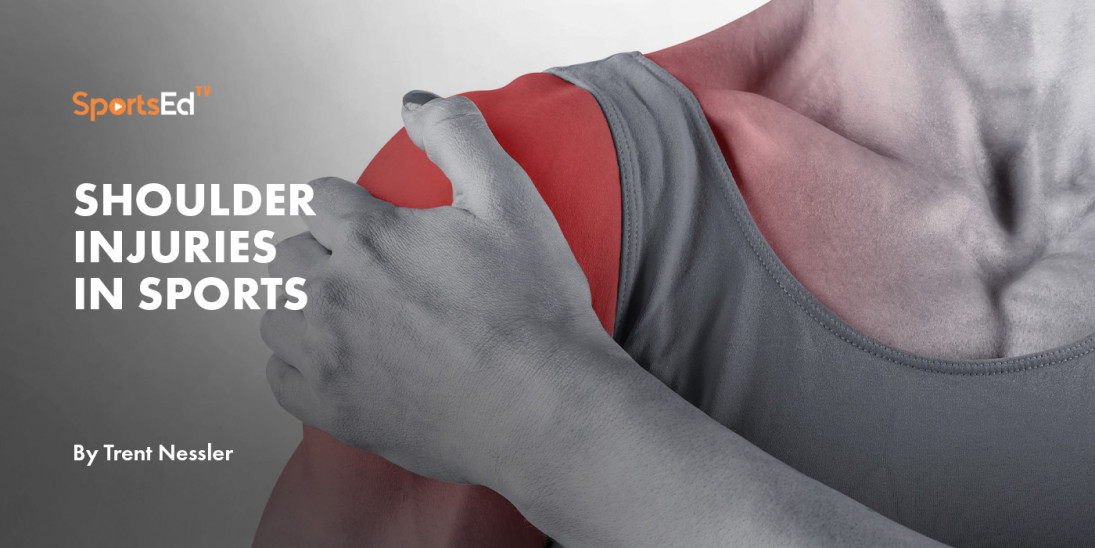Health
Welcome and thanks for visiting...

Sleep Matters

We all know that sleep matters and that you can’t function without it, and yet it is the thing we tend to skimp on the most. So, does it really matter, and what can getting enough do for us? Did you know that fatigue, resulting from inadequate sleep, has a direct impact on:
- Reaction time
- Recovery
- Overall performance
- Career longevity
When an athlete gets better sleep, it has been shown to result in:
- Better decision-making
- Reduces risk for injury
- Decreases the sensation of pain
- Improves motivation
- Boosts recovery of muscle strength
- Enhances sprint speed
- Improves muscle glycogen storage in the muscle (needed for energy)
- Heightens cortisol (stress) regulation
- Amplifies motor skill development
Studies (Mah et al, Sleep 2008) have shown that improved sleep in college swimmers resulted in:
- 8% increase in sprint speed
- 20% increase in reaction time
- 10% increase in turn time efficiency
- 19% increase in kick strokes
Similar results (May et al, Sleep 2011) were found when looking at the impact on performance in college basketball players. Athletes showed improvements in free throw accuracy, 3 pt shooting accuracy, and .7s faster sprint time. Sleep has a direct impact on your injury risk, allows you to make better decisions, and amplifies your motor skill development, especially for technical tasks.
Sleep is also the time at which your body heals itself. This occurs during REM (rapid eye movement) sleep, and the faster you get into REM, the more time your body has to heal. As athletes, there are a lot of factors that can contribute to our not getting enough sleep. This can result in a sleep debt. If you need 8 hours of sleep to be fully restored and you only get 7, you have a one-hour sleep debt. The larger and larger the sleep depth becomes, the more detrimental it can be for your health, ability to repair, and performance. Sleep debt can be made up, but it can take some time.
One such way is power naps. When we think of naps, we typically think of something we did with our toddlers when they were tired. However, there is an overwhelming amount of research that shows a power nap for athletes, especially those who do not get enough sleep (7-9 hours) can benefit from. Most adults will start to experience some form of drowsiness about 8 hours after waking. Research shows that you can make yourself more alert, reduce stress, and improve cognitive function with a nap. Mid-day sleep, “power nap,” means you have more patience, are less stressed, have better reaction time, have increased learning potential, are more efficient, and have better overall health.
When we think of naps, we usually think of the two-hour nap we put the little ones down for. Who has that kind of time in the middle of the day? Well, power naps are named just for that. Short naps (15-20 min) allow you to recharge your battery in a quick and efficient time frame. So simply taking 15-20 min during the day can restore your energy levels, boost performance, and mental alertness. To maximize your power nap, a few things you can do to help.
- Pick a comfortable, dark, quiet place where you can lie down and will not be disturbed.
- Use a white noise device (multiple free apps you can download that provide) on your smart device. Preferably, if able to use with headphones to block out other noise.
- Set a timer on your phone for 15-20 minutes. No more than 30, as you’ll start to feel groggy when you get up.
Try it. You will be amazed at how you feel after. Another great tip is to take a caffeine pill right before lying down and set your timer for 15-20 minutes. The caffeine you take will take about 20 mins to be digested and to start to have a physiological effect. So, just as you are waking from your power nap, the caffeine is kicking in and giving you an even extra boost.







